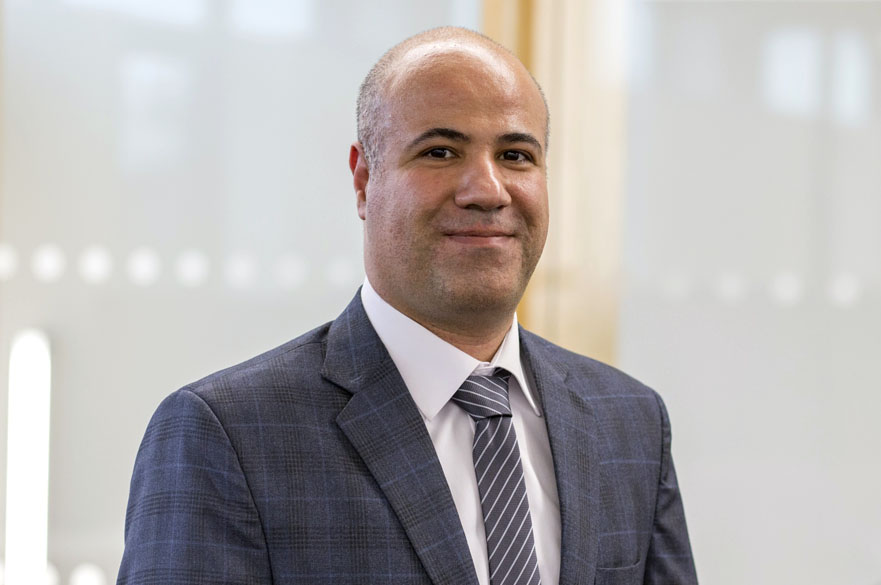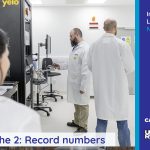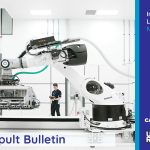COP28: Net Zero, action and how our Researchers in Residence are working to tackle the climate crisis

Dr Sultan Al Jaber, COP28 president, kicked off the 28th ‘Conference of Parties’ last week (28th November) by calling for unity, action and multilateralism. With leaders and experts from across the world gathering in UAE at the largest ever COP28 summit, the need for action grows more urgent.
In collaboration with the Catapult Network, UKRI/EPSRC and our network of world class academics, we have funded close to 100 innovative research projects which will have a huge impact on how industry operates. Here are some of their thoughts, along with Director Pete Osborne, on the climate crisis.
Peter Osborne – Director of Innovation Launchpad Network+
With COP28 currently underway in Dubai a lot of the news this week will be focused on the events unfolding there. Over the course of the next few days I remain hopeful that our politicians will be able to make meaningful progress and reach agreement on how to limit the effects of global warming on the planet. Positive steps are an imperative, but words alone will not be enough to slow the world’s emissions and stop us exceeding the 1.5 degree limit over pre industrial values that was agreed at COP21 in 2015. To remain on target, science tells us that emissions must be halved by 2030 which gives us less than 7 years to reach that goal. Within the Innovation Launchpad Network+ one of our three themes focusses on projects which will help us to reach Net Zero and we have a number of projects underway currently which aim to help us achieve this.

Ola Michalec – Senior Research Associate at the University of Bristol
Climate change is with no doubt one of the most important topics facing our society. Recent years saw a wave of strategies, action plans and investments in policies as well as commercial services. As climate solutions are increasingly becoming a subject of hype, now it’s more important than ever to evidence whether the proposed solutions (especially if coming from engineering and technical realms) are appropriate to the problem, delivering a significant reduction of carbon emissions in an equitable way, and what alternatives have been considered. As a social scientist tracing the development of technical demonstrators, I keep coming back to the question – how could these projects effectively demonstrate whether they’re able to get us to Net Zero?

Mahdi Bodaghi – Senior Lecturer in Mechanical Engineering at Nottingham Trent University
My research is committed to the development and efficient manufacturing of sustainable and resilient composites that meet and exceed industrial and societal expectations. By actively supporting Net Zero carbon ambitions, I am dedicated to fostering a paradigm shift towards environmentally responsible composite materials and manufacturing practices. Through these collaborative efforts, I aim to combat the climate crisis and contribute to a more sustainable and eco-friendly future.

Dawid Hanak – Professor of Decarbonisation of Industrial Clusters at Teesside University
Achieving Net Zero in the rail sector needs not only the decarbonisation of the trains but also the station buildings that account for about 6-9% of the total sector emissions. Notably, focus should be placed on reducing Scope 3 emissions, alongside decarbonising stations themselves through the reduction of Scope 1 and Scope 2 emissions. This is where we, as the users of the train stations, can play a role. Our choice of how we get to and from the train station directly influences its Scope 3 emissions. For example, the average car in the UK would emit about 170 gCO2e/km, whereas the average local bus would result in 102 gCO2e/km – a 40% reduction in CO2e emissions that can be achieved today simply through behavioural change. As a part of my work with the Connected Places Catapult, I strive to understand what it would take for people to make a shift from petrol and diesel cars to a more sustainable transportation mode.





